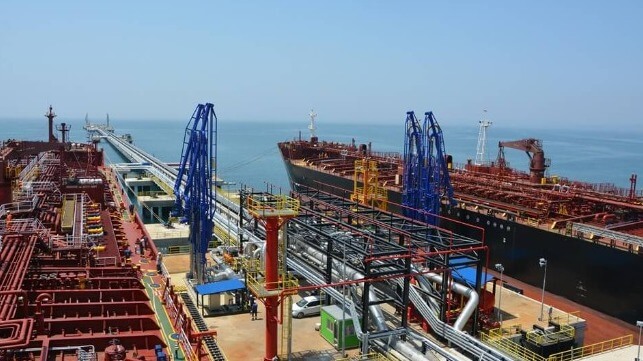Turkish Port Abandons Russian Oil as Sanctions Enforcement Tightens

One of the leading importers of Russian oil has decided that it will no longer accept it, even when the cargo is technically compliant with Western sanctions. The Dortyol terminal on Turkey's Mediterranean coast has decided that the business is not worth the risk, according to Reuters.
The Dortyol tank farm and loading jetty belongs to Global Terminal Services (GTS), a subsidiary of the independent Turkish energy company Transpet.
In a statement, GTS told Reuters that it has decided to "cut all possible connections to Russian oil." It informed its customers at the end of last month that it would not be accepting any product made in Russia or loaded in Russian ports.
The move goes beyond compliance requirements for Western sanctions, but provides an extra measure of assurance as the United States and its allies ramp up enforcement of restrictions on Russian energy.
Turkey became one of the biggest growth markets for Russian oil after the EU shut its doors to Russian energy exporters in 2022. Last year, Turkish energy companies saved about $2 billion by ramping up imports of discounted Russian oil, replacing consumption of more expensive market-rate cargoes. In November, Turkey accounted for about 14 percent of all Russian seaborne oil exports, according to Reuters. It also tripled its imports of Russian distillate products.
Western sanctions on Russia have yet to have a material effect on the Kremlin's defense budget or its balance of power on the battlefield, both of which have shifted in Russia's favor. The U.S. Treasury and independent researchers estimate that sanctions have reduced Russian oil revenues by 14-25 percent; Russian military spending has risen by 60 percent over the same period.
No comments:
Post a Comment